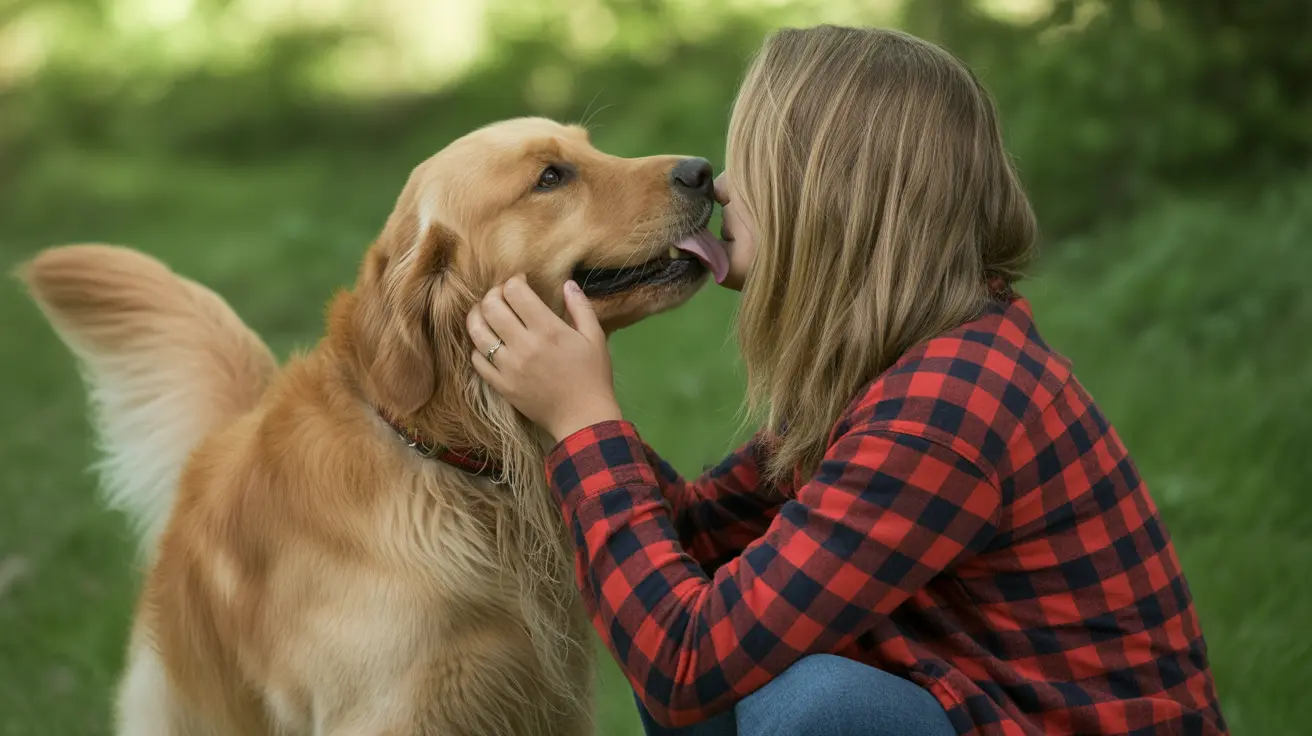Do Turkish Van Cats Like to Be Held? Understanding Their Personality
Turkish Van cats are known not just for their striking appearance but also for their distinctive personality. One of the common questions many cat owners ask is whether these elegant felines like to be held. In this article, we delve into the nature of the Turkish Van and explain why cuddling might not be their favorite activity.
Overview of the Turkish Van Cat
The Turkish Van is a rare and ancient breed originating from the Lake Van region of Turkey. Recognized by its semi-longhaired coat, unique coloration, and love for water, this breed stands apart among domestic cats.
- Origin: Turkey, specifically the Lake Van area
- Coat: Soft, semi-longhaired with a cashmere-like texture
- Color: Primarily white with colored markings mainly on the head and tail
- Personality: Active, curious, independent
Do Turkish Vans Enjoy Being Held?
Turkish Vans are independent by nature. While they may love human interaction—following their owners from room to room, playing fetch, or curling up nearby—they often do not enjoy being restrained or coddled in a person's arms.
Reasons why they prefer not to be held:
- Desire for freedom: They enjoy their mobility and dislike the confined feeling of being held.
- High energy: Turkish Vans are energetic and inquisitive, preferring activity over inactivity.
- Personal boundaries: They may be affectionate but want to show it on their own terms.
Signs Your Turkish Van Likes You—Even Without Holding
Just because your Turkish Van resists being held doesn’t mean it's not affectionate. Here are ways they may show their love:
- Following you: A Turkish Van that shadows you is expressing affection.
- Bringing toys: Delivering favorite toys signals trust.
- Sleeping nearby: Choosing to nap close by is a form of companionship.
Respecting Their Boundaries
It’s important to respect a Turkish Van’s desire for space. Forcing them into cuddles may result in stress or anxiety. Instead, let connection happen on their terms.
Tips for building trust:
- Offer treats as rewards for calm behavior.
- Use toys for interactive play rather than physical affection.
- Let them come to you—they'll seek interaction when ready.
Training Your Turkish Van to Tolerate Holding
With patience, some Turkish Vans may become more tolerant of brief holding. Here’s how:
- Start slow: Begin with short, gentle holds for a few seconds at a time.
- Watch their cues: Let go if they show signs of discomfort.
- Associate holding with positive experiences: Use treats or praise so they relate holding with rewards.
Conclusion
Turkish Van cats might not enjoy being held, but they are devoted and affectionate in their own unique ways. By respecting their independence and understanding their behavior, you can build a strong bond on mutual terms rather than forced affection. Embrace your Turkish Van's spirited personality and let them express love in the ways that make them feel most comfortable.





